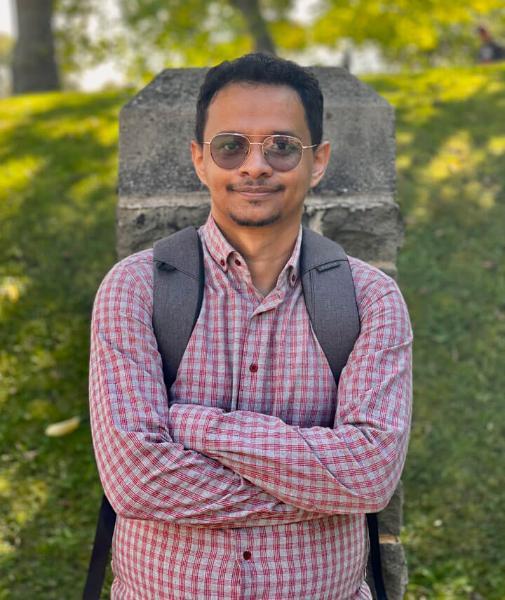Bilal Alsalehi

Academic Background: Bachelor of Science in Banking and Finance, Economics, Sana'a University, Yemen.
Areas of Interest: Conflict resolution, cultural exchange, data analytics, history, politics and government, human rights and humanitarian intervention, economics and economic development, management, leadership, and climate.
Spoken Languages: Arabic & English.
Bilal Alsalehi is a dedicated professional with a diverse academic background and a strong passion for promoting peaceful conflict resolution, cultural exchange, and humanitarian intervention.
With a wide range of interests, Bilal has developed expertise in various fields. He believes in the power of education and knowledge and its ability to create positive change and impact policy initiatives and policy applications on a global scale.
Bilal's commitment to making a difference began in his High School years, where he actively engaged in volunteering for community service projects to improve many aspects of life in Sanaa, his hometown. He later became involved in numerous exchange programs, notably European Week, and was awarded the prestigious ACCESS Micro Scholarship Program. He was also a member of the Japanese-Yemen Friendship Association.
In addition to his academic pursuits, Bilal has gained valuable professional experience in the non-profit sector. He has worked with major international organisations such as ACTED, Human Appeal UK, and Save the Children. He has also contributed his skills and expertise to United Nations agencies such as the International Organisation for Migration (IOM), and the United Nations Office for the Coordination of Humanitarian Affairs (UNOCHA).
Bilal's work experiece has taken him into some of the most volatile areas within Yemen, including Aldhale and Taiz, two regions in dire need of humanitarian intervention. Bilal has gained first-hand experience and a deep understanding of the challenges faced by these communities and the hopelessness and emotional impact of those living in war-torn societies.
